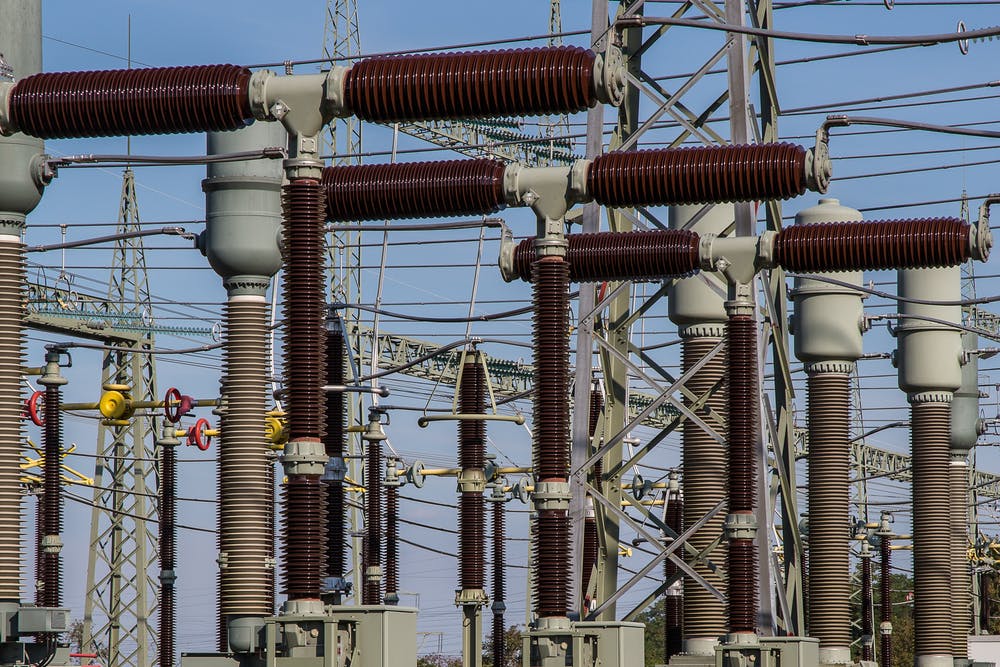Togo, Niger, and Benin Republic did not pay their N32.04 billion bills for the electricity Nigeria supplied to them in 2019, the Nigerian Electricity
Togo, Niger, and Benin Republic did not pay their N32.04 billion bills for the electricity Nigeria supplied to them in 2019, the Nigerian Electricity Regulatory Commission (NERC) said.
According to data from the NERC, the three countries received a total invoice of N32.04 billion for the electricity supplied to them in 2019. The commission had earlier said the trio owed Nigeria N29.97 billion.
According to PremiumTimes, through its electricity transmission company, Nigeria supplies power to these countries, which are classified as international customers in the Nigerian power sector.
Niger’s power firm, Societe Nigerienne electricity, failed to pay a total invoice of N3.01 billion it received in the first quarter of 2019; N3.69 billion in the second quarter, N4.1 billion in the third quarter and N2.07 in the fourth quarter.
Communaute Electrique du Benin, a power firm owned by Togo and Benin, did not pay N9.74 billion for the power supplied to it in the first quarter; N7.16 billion in the second quarter; and N2.27 billion in the third quarter. It, however, did not receive any invoice for the fourth quarter of 2019.
“The Federal Government has continued to engage the governments of neighbouring countries benefitting from the export supply to ensure timely payments for the electricity purchased from Nigeria,” it said.
Like its last report, the commission laments that the financial viability of the Nigerian Electricity Supply Industry is still a major challenge threatening its sustainability.
“As highlighted in the preceding quarterly reports, the liquidity challenge is partly due to the non-implementation of cost-reflective tariffs, high technical and commercial losses exacerbated by energy theft and consumers’ apathy to payments under the widely prevailing practice of estimated billing.
